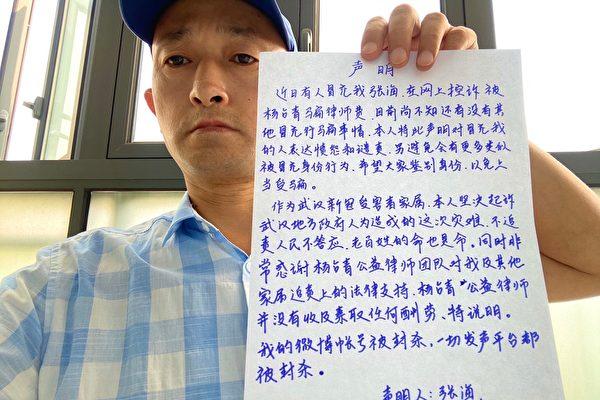Two Chinese citizens are seeking to hold officials from the country’s initial virus epicenter accountable over their handling of the CCP virus outbreak.
Yao Qing, a petitioner from the hard-hit city of Wuhan, filed lawsuits on Oct. 22 against the city government, saying that some of its virus rules had violated their rights.





